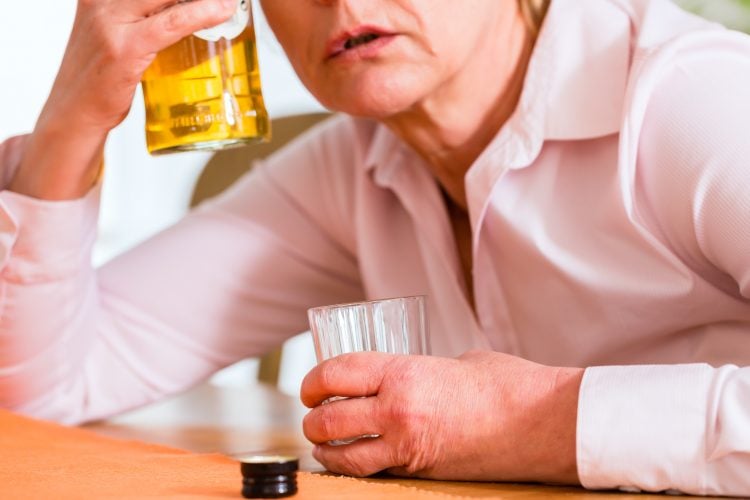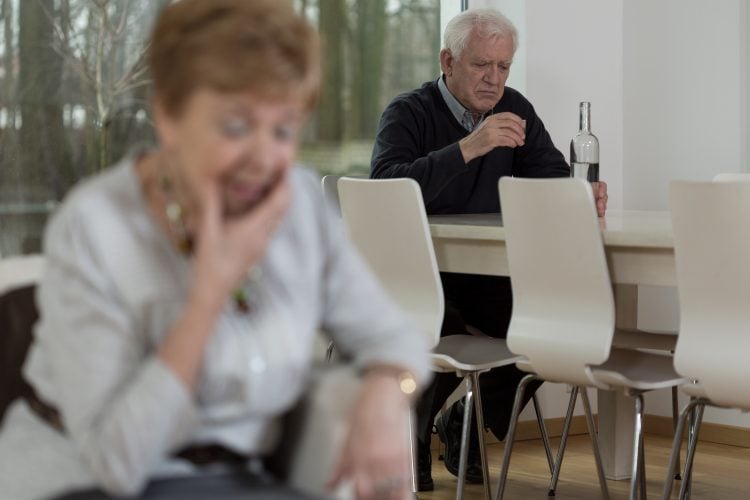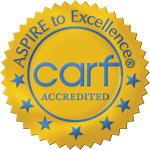
If you have recently been struggling with a drinking problem, you’re not alone: heavy alcohol use is currently on a steep rise in the United States. A newly published study and editorial in the JAMA Psychiatry journal showed evidence of huge increases in general alcohol use, high-risk (heavy, binge) drinking, and alcohol use disorders (addiction).
The study revealed a variety of upward trends in alcohol use, noting that socioeconomically vulnerable groups have been especially affected by the rise in drinking problems. When disadvantaged populations in the U.S. are already suffering from a runaway opioid epidemic, an increase in alcohol abuse and dependency can only compound the misery of those who are in need of help.
After a decade, many more reported a drinking problem
The authors of this study noted its rigorous methadology, which included face-to-face interviews, and compared results from 2001-2002 to 2012-2013. The comparison revealed increases in three areas: general alcohol use, high-risk use, and alcohol use disorders; and found the largest increase in the third area, alcohol use disorders. That means that it’s not just drinking, or binge drinking, that is the main culprit. The real runaway statistics were for alcohol dependency/addiction. This increased by nearly 50 percent.
Even more concerning for the authors were the greater increases in drinking problems for some sub-groups, including women, African Americans, the elderly, and those who are financially disadvantaged. Here’s a breakdown of how the total increase in alcohol use disorders compares to the increase among sub-groups:
- Total (all groups): 49.4%
- Women: 83.7%
- African Americans: 92.8%
- Elderly (age 65 and older): 106.7%
In other words, drinking problems more than doubled for the elderly. The study authors were especially alarmed by this increase, because elderly populations already face a multitude of health disorders, which alcoholism could gravely impact. These statistics reveal an important connection between worsening socioeconomic conditions and drug disorders. In an editorial published along with study, Dr. Marc A. Schuckit wrote, “The higher rate of alcohol problems in subgroups with lower financial resources are cause for concern for humanitarian reasons alone.”
What to do about a drinking problem
If you or someone you care about is struggling to keep alcohol use under control, it’s important to consider seeking some help. A drinking problem is often not taken seriously because alcohol has more general social approval compared to drugs like heroin or methamphetamine. But the health risks that go along with binge drinking or sustained alcohol dependency are enormous. People who have difficulty trying to stop problem drinking over a long period of time are at risk of developing serious health disorders. Some include cancers, liver disease, heart disease, and stroke.
Seeking treatment for a drinking problem can help you or a loved one avoid a personal health crisis and long-term disease complications. Finding sobriety can also make a positive impact for people who are in precarious financial positions: dollars that aren’t purchasing alcohol can be used for more essential needs.
This study on alcohol use disorders determined that drinking problems are becoming a public health crisis. That’s not good news for a population already trying to deal with an opioid epidemic and finding it difficult to fix. But on a personal level, the way forward from a drinking problem remains much the same: reach out for help. You’re not alone, and many forms of treatment exist to help individuals find a way out of alcohol dependency.
If you think you might have an addiction, you can talk with a Stepworks team member today. Use the form below or call us at 1-800-545-9031.
Personal Form
Contact form for those who think that they may have an addiction.



